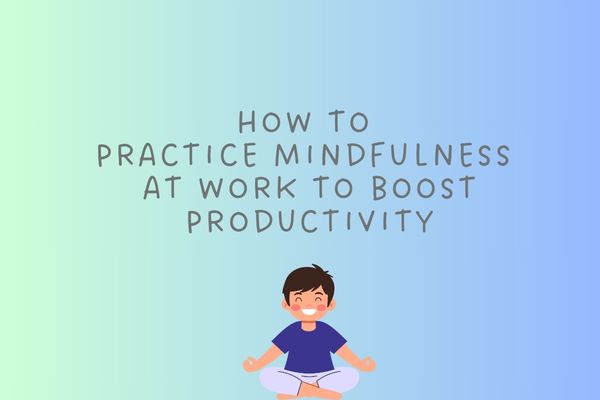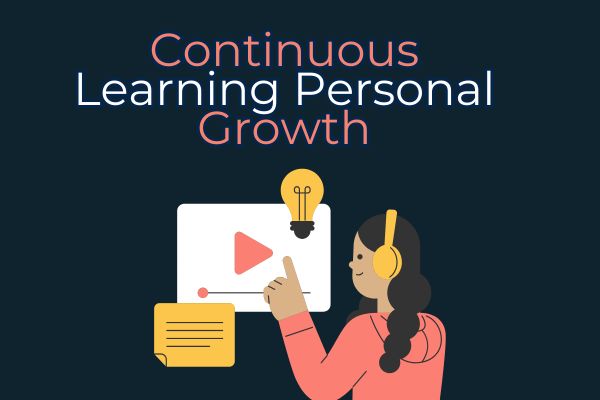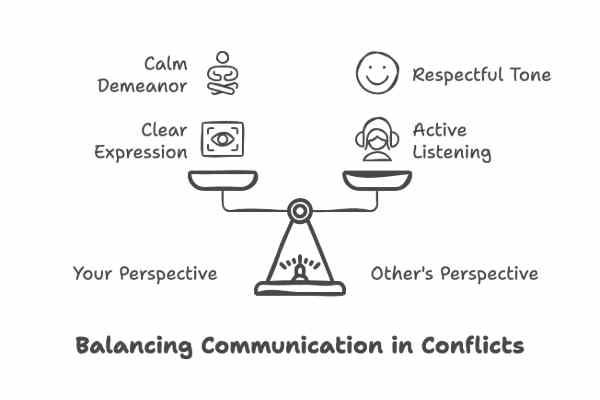Stress is an integral part of the human experience. It acts as a survival mechanism, alerting us to potential threats and mobilizing our resources to face challenges. However, when stress becomes chronic or overwhelming, it can take a toll on our physical, emotional, and mental well-being. Understanding stress—its causes, effects, and practical solutions—can empower us to manage it effectively and lead healthier, more balanced lives.
What is Stress?
Stress is the body’s response to any demand or threat, whether real or perceived. When we encounter a stressful situation, the brain activates the fight-or-flight response, releasing stress hormones like cortisol and adrenaline. These hormones prepare the body to react quickly by increasing heart rate, blood pressure, and energy levels.
While short-term stress can be beneficial, chronic stress can lead to negative consequences. It’s important to distinguish between the two:
- Acute Stress: A short-term reaction to immediate challenges, such as meeting a deadline or giving a presentation.
- Chronic Stress: Persistent stress resulting from ongoing issues, such as financial struggles, relationship problems, or job dissatisfaction.
Common Causes of Stress
Stress can arise from various sources, often categorized into the following:
1. Work-Related Stress
- Heavy workloads and tight deadlines.
- Lack of job security or dissatisfaction.
- Poor work-life balance.
2. Personal Relationships
- Conflicts with family, friends, or partners.
- Loneliness or lack of social support.
- Unrealistic expectations in relationships.
3. Financial Pressures
- Managing debt and expenses.
- Insufficient income or job loss.
- Saving for major life events, such as weddings or education.
4. Health Concerns
- Chronic illnesses or injuries.
- Caring for a sick family member.
- Anxiety over medical bills or treatments.
5. Life Transitions
- Major life changes, such as moving, divorce, or having children.
- Adapting to new roles or environments.
Also check: How to Recognize and Combat Negative Self-Talk
Effects of Stress
Stress impacts various aspects of our lives, including physical, emotional, and mental health. Understanding these effects can help us recognize when stress is becoming a problem.
Physical Effects
- Cardiovascular Issues: Chronic stress can lead to high blood pressure, heart disease, and strokes.
- Weakened Immune System: Prolonged stress reduces the body’s ability to fight off infections.
- Muscle Tension: Stress often causes tension in the neck, shoulders, and back, leading to chronic pain.
- Sleep Problems: Insomnia or disrupted sleep patterns are common in stressed individuals.
Emotional Effects
- Irritability and Mood Swings: Stress can make people more reactive or short-tempered.
- Feelings of Overwhelm: Persistent stress often leaves individuals feeling helpless or stuck.
- Low Self-Esteem: Stress can erode confidence and lead to self-doubt.
Cognitive and Mental Health Effects
- Decreased Concentration: Stress affects focus, memory, and decision-making.
- Anxiety and Depression: Prolonged stress can trigger or worsen mental health conditions.
- Burnout: Emotional exhaustion, detachment, and reduced performance are hallmarks of burnout.
Practical Solutions for Managing Stress
Managing stress effectively requires a combination of strategies that address both the causes and the symptoms.
1. Identify Stress Triggers
Keeping a stress journal can help you pinpoint specific triggers. Write down:
- The situation causing stress.
- Your emotional and physical reactions.
- How you responded to the stressor.
2. Practice Relaxation Techniques
- Deep Breathing: Slow, deep breaths calm the nervous system and reduce stress hormones.
- Meditation and Mindfulness: Focus on the present moment to reduce anxiety and promote relaxation.
- Progressive Muscle Relaxation: Alternately tensing and relaxing muscle groups helps relieve physical tension.
3. Maintain a Healthy Lifestyle
- Exercise Regularly: Physical activity reduces cortisol levels and releases endorphins, which improve mood.
- Eat a Balanced Diet: Incorporate stress-reducing foods like leafy greens, nuts, and whole grains.
- Sleep Well: Aim for 7–9 hours of quality sleep each night.
4. Develop Time Management Skills
- Prioritize Tasks: Use tools like to-do lists to organize your responsibilities.
- Delegate: Share workloads to avoid feeling overwhelmed.
- Set Boundaries: Learn to say no to unnecessary commitments.
5. Build a Support Network
- Talk to Friends or Family: Sharing your feelings can provide emotional relief.
- Seek Professional Help: Therapists and counselors can offer strategies to manage stress effectively.
- Join Support Groups: Being part of a community can help you feel less isolated.
6. Engage in Activities You Enjoy
- Pursuing hobbies like painting, gardening, or playing music can provide a sense of relaxation and achievement.
- Spend time in nature to reduce stress and boost well-being.
7. Limit Stressors Where Possible
- Reduce exposure to stressful environments or situations.
- Avoid procrastination, which can compound stress levels.
Real-Life Examples of Overcoming Stress
Case Study 1: Managing Work Stress
Emma, a marketing professional, often felt overwhelmed by deadlines. By implementing time management techniques and prioritizing her most important tasks, she was able to regain control of her workload. Additionally, she scheduled regular breaks to practice mindfulness, which helped her stay focused and calm.
Case Study 2: Coping with Health-Related Stress
John, diagnosed with a chronic illness, found stress relief through support groups and therapy. By connecting with others facing similar challenges, he built a support network that provided emotional comfort and practical advice.
When to Seek Help
Sometimes, stress becomes too much to handle alone. Seek professional help if you notice:
- Persistent feelings of anxiety or depression.
- Difficulty functioning in daily life.
- Physical symptoms like chest pain, headaches, or digestive issues that don’t resolve.
Therapists, counselors, or doctors can guide you toward effective treatments, such as cognitive-behavioral therapy (CBT) or stress management workshops.
The Positive Side of Stress
Interestingly, not all stress is bad. Eustress, or positive stress, can motivate us to take action and grow. For instance:
- Preparing for a big presentation can sharpen your focus.
- Training for a marathon can build resilience and discipline.
The key is to balance stress levels so they remain productive rather than overwhelming.
Conclusion
Stress is a universal experience, but it doesn’t have to control your life. By understanding its causes, recognizing its effects, and adopting practical strategies, you can manage stress effectively and improve your overall well-being. Small steps, such as practicing mindfulness, seeking support, or engaging in regular exercise, can make a significant difference.
The journey to managing stress is not about eliminating it entirely but learning how to navigate it with resilience and a sense of purpose.






